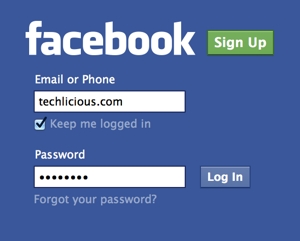 Be careful what links you click on Facebook. A gang of international cybercrooks has resurrected a six-year-old Trojan virus named Zeus, using it to harvest personal information and drain unsuspecting victims’ bank accounts.
Be careful what links you click on Facebook. A gang of international cybercrooks has resurrected a six-year-old Trojan virus named Zeus, using it to harvest personal information and drain unsuspecting victims’ bank accounts.
It appears as if the virus threat is being distributed via Facebook groups, especially through spam advertisements offering discount merchandise, counterfeit designer wear, or some similar Facebook scam. The virus made its first reappearance in February of this year, with incidents of infection rapidly growing month-to-month.
Once Zeus infects your computer, the virus lays in wait until you use an online banking account. When you do, the malicious code stores your login and password, using it to empty your coffers. The virus can collect other personal information to sell, as well. According to Malloy Labs, this data eventually makes its way to a group known as the Russian Business Network, a gang of cybercriminals involved in child pornography, identity theft and other illegal activities.
The virus was first discovered by security experts in 2007, so most modern anti-virus software suites should be able to easily detect and stop the threat of Zeus. That said, the fact that this threat is spreading so rapidly indicates that many of us still let our computers go unprotected.
Don’t be a victim. Take a look at our Computer Security Buying Guide if your device is currently unprotected. If you already have antivirus software loaded, take a moment to update it against the latest threats. And don’t think that just because you have a Mac, you’re safe – Apple computers need anti-virus protection too.















